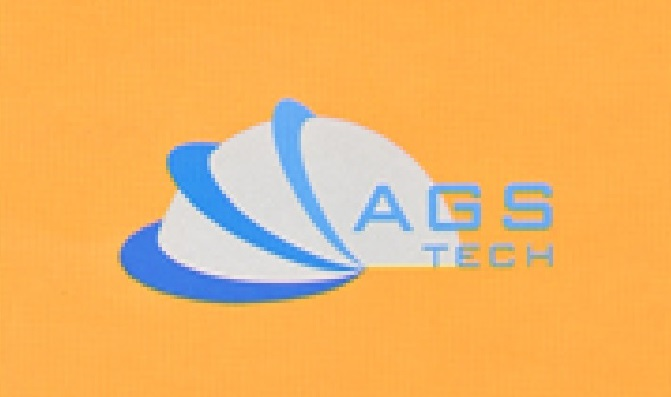Private Labeling vs. White Labeling: What’s the Difference?
In the world of retail and manufacturing, private labeling and white labeling are two common practices that are often confused with each other. Both involve selling products under a brand name that is different from the manufacturer’s, but there are key differences between the two. This article will explore the distinctions between private labeling and white labeling, with a focus on the growing industry of functional textiles.
Private labeling refers to the practice of a retailer or company selling products that are manufactured by a third party but are branded with the retailer’s own name or logo. This allows the retailer to offer unique products to their customers without having to invest in the manufacturing process. Private labeling is a popular strategy in industries such as cosmetics, food and beverage, and clothing.
On the other hand, white labeling involves a manufacturer producing a generic product that is then rebranded and sold by another company as their own. In this case, the manufacturer is responsible for the entire production process, from sourcing materials to packaging the final product. White labeling is commonly used in industries such as software, electronics, and supplements.
Functional textiles, which are fabrics that are designed to provide specific benefits to the wearer, have become increasingly popular in recent years. From moisture-wicking workout clothes to antimicrobial bedding, functional textiles offer a wide range of benefits to consumers. As the demand for these products continues to grow, both private labeling and white labeling have become common practices in the functional textiles industry.
Private labeling allows retailers to create their own unique line of functional textiles without having to invest in the manufacturing process. By partnering with a manufacturer that specializes in functional textiles, retailers can offer high-quality products to their customers under their own brand name. This gives retailers the flexibility to customize their products to meet the specific needs of their target market.
On the other hand, white labeling offers manufacturers the opportunity to produce generic functional textiles that can be rebranded and sold by other companies. This allows manufacturers to focus on what they do best – producing high-quality textiles – while leaving the branding and marketing to their partners. White labeling is a cost-effective way for companies to enter the functional textiles market without having to invest in their own manufacturing facilities.
In conclusion, while private labeling and white labeling are similar practices, there are key differences between the two. Both strategies offer unique benefits to retailers and manufacturers in the functional textiles industry, allowing them to capitalize on the growing demand for these innovative products. Whether you choose private labeling or white labeling, the key is to partner with a reputable manufacturer that can deliver high-quality functional textiles that meet the needs of your target market.
——————-
Discover more on functional textiles contact us anytime:
AGS-TECH, Inc.
https://www.agstech.net/
505-550-6501
6565 Americas Parkway NE, Albuquerque, NM 87110 USA
AGS-TECH, Inc. is a Global Custom Manufacturer, Integrator, Consolidator, Outsourcing Partner for a Wide Variety of Products & Services.
We are your one-stop source for manufacturing, fabrication, engineering, consolidation, integration, outsourcing of custom manufactured and off-shelf products & services. We also private label / white label your products with your brand name if you wish.

